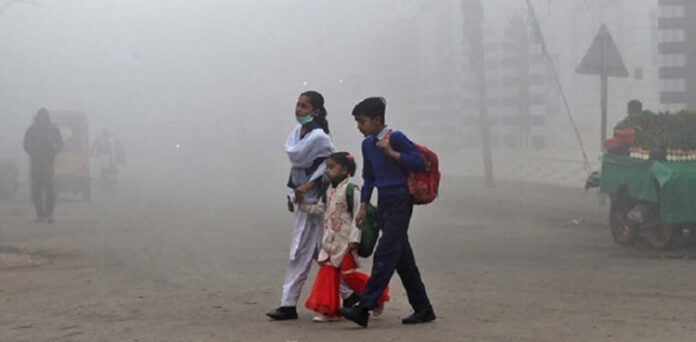
Even though they sound dangerous, chilies often make the food taste better, healthier, and even more popular. And while it enhances food taste, chilies, and spicy foods also make you have a runny nose even while eating. While it is a common occurrence, these are also the symptoms of other conditions.
Medically known as rhinorrhea, if your nose begins to run after eating spicy foods, it happens because of food allergies – also known as allergic rhinitis. According to experts, the distinctive spiciness of chili peppers derives from the chemical capsaicin - which causes a burning sensation when in contact with bodily tissues. What leads to the burn? Chili plants produce capsaicin in their fruits to fend off hungry mammals.
Its irritant qualities are so pronounced that pepper sprays made from it are more debilitating than tear gas, according to the European Parliament's Scientific and Technological Options Assessment report. According to experts, capsaicin is the only best-known ingredient of spicy food irritants. Another, allyl isothiocyanate, is an oil that lends its kick to radishes, horseradish, wasabi, and mustard.
Manufacturers also use it as an ingredient in insecticides and fungicides. What does all of this have to do with your runny nose? Capsaicin and allyl isothiocyanate irritate the mucous linings protecting your lungs and various body openings and cavities from infectious agents such as fungi, bacteria, and viruses. What are the signs and symptoms of allergic rhinitis? According to experts, you may experience a runny nose and other symptoms either after eating a particular kind of food or, in some cases, after eating any.
A stuffy, congested feeling in the nose Postnasal drip, or excess mucus in the back of the throat Sneezing Coughing Other important reasons for runny nose while eating spicy foods Apart from allergic rhinitis, a runny nose that you may experience while eating spicy foods includes the kind of food you are eating, a food allergy, seasonal allergies, and other causes. Read on to know these in detail, Gustatory rhinitis Gustatory rhinitis happens when your nose runs after eating without any other symptoms of an allergy. According to doctors, gustatory rhinitis affects a lot of people after they consume chill-packed food.
When you eat these, a nerve known as the trigeminal sensory nerve gets stimulated, which causes the nose to run. You may prevent gustatory rhinitis by avoiding trigger foods. Food allergy Almost everyone across the world has some food allergy.
It leads to various kinds of symptoms and one among them can cause nasal congestion and other symptoms that typically appear within one or two hours of eating a particular food. Severe food allergies can be a medical emergency. Food allergy symptoms may range from mild to severe, and may include: Nasal congestion Wheezing, coughing, or shortness of breath Throat tightening or a raspy, hoarse voice Hives and itchy skin Facial swelling, including the lips, face, tongue, and throat Body swelling Dizziness In many serious and severe cases, food allergy can also cause anaphylaxis - a life-threatening allergic reaction.
Vasomotor rhinitis Also known as idiopathic rhinitis, this type of runny nose symptom is not actually triggered by an allergen but by some environmental and physical changes that cause the lining of the nose to become swollen. What to do in case of runny nose due to chilis? Spicy foods can have a tear-dropping, runny nose effect on you. According to experts, capsaicin in spices has an oily quality that keeps it from dissolving in water, so even guzzling straight from the tap will do you no good.
Milk, on the other hand, quenches capsaicin's fire quite effectively, according to research published in the journal Physiology & Behavior. It contains a protein called casein, which is a fat-loving molecule that hugs the capsaicin molecules and washes them away, much like detergents wash away grease. Get Latest News Live on Times Now along with Breaking News and Top Headlines from Diet, Health and around the world.
.














